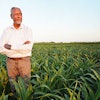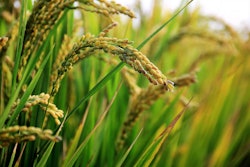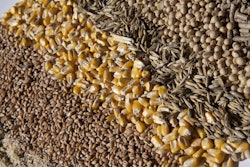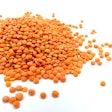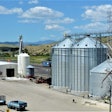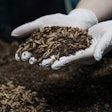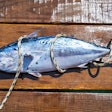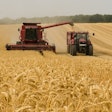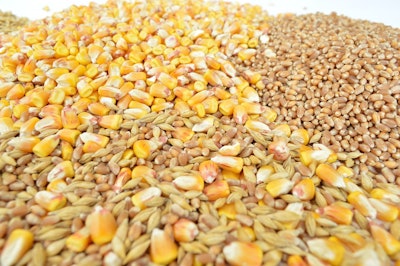
Covid-19 has changed our world as few incidents have.
Some short-term impacts (e.g. biofuel demand and commodity price declines) were followed by quick recoveries. Some medium-term impacts could be mitigated by the availability of a vaccine (e.g. travel restrictions) or are recession-induced (e.g. negative impacts on feed demand from a potential slowdown in meat consumption in the developing world). But some long-term impacts could cause structural changes that require businesses to make strategic changes.
Rabobank grain & oilseed analysts identified seven areas of major, long-term change in a post-Covid-19 world. Among those changes, recurring themes emerged that are not only confined to demand challenges for grains & oilseeds (e.g. feed and biofuels), but include changes to current global or regional policy models (e.g. retreat from globalization).
Across the entire grain & oilseed supply chain, there are impacts and implications that will require business models to adapt and show increased flexibility in the supply chain.
"In a post-Covid-19 world, every player in the G&O supply chain –- from producers, farm input suppliers, and grain merchandisers to processors and grain–based food manufacturers -– will be impacted," says Stephen Nicholson, senior analyst – Grains & Oilseeds. "There will be opportunities to be successful, including digitizing the supply chain, grain companies building on core strengths (regional vs. global), and processors developing flexibility to adapt to rapidly changing consumer behavior.”
To download the report,click here.


